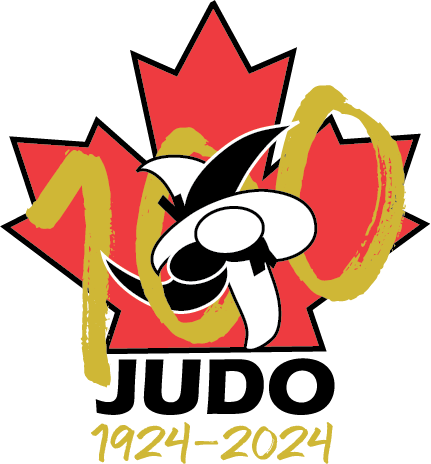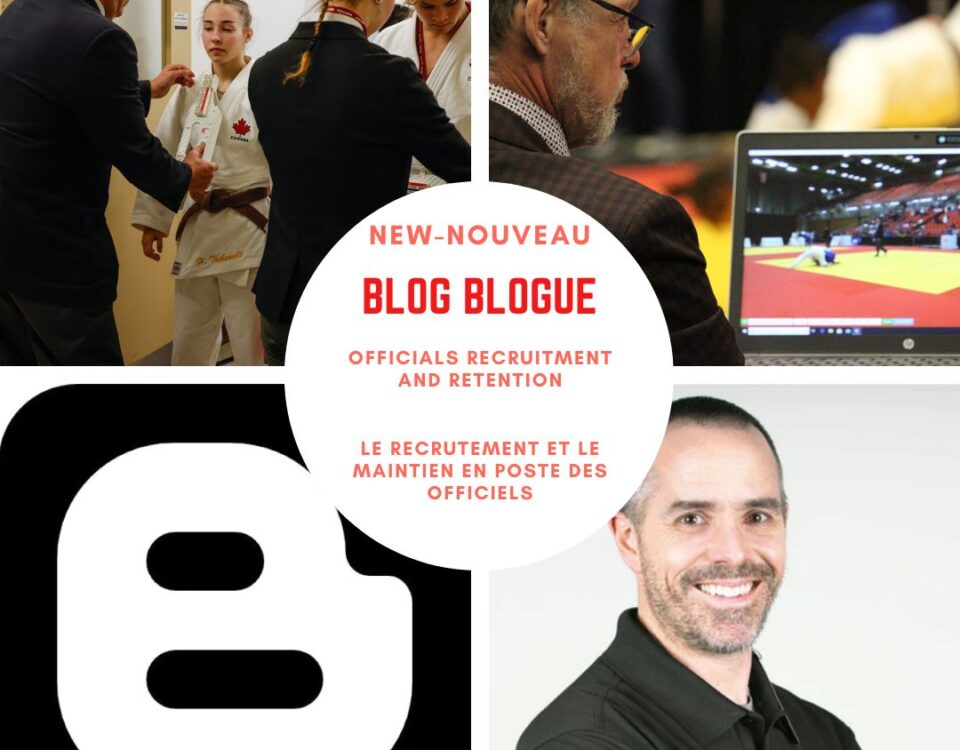Once Upon a Time in Hungary
29 December 2003To fight fairly and with respect.
29 December 2005Monica Lin Morishita is a Gold, National Magazine Award winning journalist who has written for Maclean’s, Toronto Life, Chatelaine, Canadian Living and The Globe and Mail. She received her Master of Fine Arts in Creative Writing from the University of British Columbia. For a decade, she worked in television under the umbrella of Chum Group Limited for Citytv, MuchMusic, Bravo, CP24 and MZTV before becoming a freelance journalist. Her work has been generously supported by the Toronto Arts Council and the Ontario Arts Council. Monica’s interest in judo began when her husband talked her into joining classes for fitness. When each of her two sons was old enough to attend Kindergarten, she put them in judo classes and since then it’s evolved into a family pursuit. Monica is currently working towards her black belt. She is the 2017 Ontario Provincial Champion in Ju No Kata (tori). In May, she was awarded the bronze medal for Ju No Kata (tori) at the National Judo Championships. Monica continues to compete in Kata and looks forward to blogging about judo as a recreational sport.
Learning How to Breakfall
In Judo, the first thing they teach you is how to fall. Whether you are new to judo or a black belt, the breakfall or ukemi in Japanese, is the most important skill you learn. For those of you who are new to judo or are parents of children who are just thinking about putting your kids in judo, this may sound rudimentary but if you ask any sensei, they know that the ability to fall safely, so that one can get up again, is essential to growth and achievement in judo. When you think about it, the wisdom of this principle is monumental. It is a profound life teaching and something that really hit home for me in 2015.
2015 was the year I had been feeling very tired. I had been feeling this way for years but I thought that I was just getting older. I am in my forties and the mother of two active boys who were 8 and 12 at the time. My husband Mark, and I were also in the midst of a daunting renovation; we’d torn down our house to build a new one and were doing a large part of the interior work ourselves. I thought my fatigue was a result of everything going on.
Despite my low energy, I’d found a way to carve out a few hours a week for myself doing judo which helped to clear my mind. I had been taking judo for many years at the Japanese Canadian Cultural Centre in Toronto. I attend the women’s class which is full of wonderfully supportive women. Every week, I would come out of class exhausted. My muscles were tight and sore after almost every lesson, but in a good way. It felt great to know that my body worked hard.
The thing about judo is that you never stop practicing ukemi no matter what level you are. Judo is a combat sport and I am not aggressive by nature. And so I experienced something that most women experience when they begin judo as an adult. I worried about hurting others. I worried about getting hurt.
During uchicomi I would often stiffen up and resist being thrown to avoid harm. Judo pedagogy is based on mutual benefit. My stiffening up wasn’t helping my partner, or me, and in fact it was hindering us. My sensei would tell me, Monica, trust yourself. Trust your breakfall. You have the skill. He wanted me to go with the flow. He meant well but no matter how many times he said it, I couldn’t get over the thought that I could get injured. This mirrored my real life. How often had I withheld writing an amazing story for fear of what people thought? How many friends had I kept at arm’s length for fear of getting hurt?
It wasn’t long after I earned my brown belt that I received some news that would change my life. My doctors had found some suspicious lumps in my neck. They did a few needle biopsies in my throat. They suspected that I had thyroid cancer. The news sent me into a state of shock. What I hadn’t known then was that my tiredness was not because I was a middle aged mom, going through a reno. It was because I had cancer.
Everyone’s experience with cancer is different but for me, cancer was as frightening as it was embarrassing. For someone who is used to being independent, strong and accustomed to helping others, having to accept assistance was excruciatingly uncomfortable. I was a working writer, co-chair at my children’s’ school and I sat on the Board of Directors of a non-profit organization. Being involved in my community as a leader, I didn’t want people to know I had cancer. I didn’t want them to feel sorry for me, worry or see me in a weakened state. So for a while, I kept it to myself and did not even tell my mother.
I was scheduled to have surgery to remove my lumps and my entire thyroid. It was my first time under anesthetic. I didn’t know if my body could handle it. My surgeon told me that although the percentage was very small, I could die on the surgery table. A terrifying thought came to me. If I died on the surgery table, my husband and children would be alone. How would they survive without me? They would need help. I decided that I had to come out of the closet and tell those around me that I had cancer, in case something happened. I didn’t want my husband and kids to suffer alone and needed my friends and family to help them.
My recovery is a beautiful and difficult story all on its’ own but this forum is much too short to tell it all. I will say that I have a wonderful extended family with the most generous relatives anyone can ask for. I had always known that I had terrific friends but I hadn’t known exactly how great they really were until I had cancer. While I was bedridden, they were the ones who nourished me to health with their cooking, helped with the cleaning, and took care of my kids. The truth is, it is only when you fall, that you see whose hands are there to pull you up. I don’t know how I will ever be able to repay their kindness, but I will.
When I was finally well enough to return to judo, I found that the things I was afraid of before didn’t seem as frightening anymore. Being so close to death, life doesn’t seem so scary. Some people get worse after cancer. Fortunately, I got better. As soon as the cancer was gone, I felt alive. I came at judo with renewed power. I wasn’t tired and foggy anymore. My mind was refreshed and sharp. When I was thrown, I didn’t resist. I allowed myself to hurl through the air freely and trusted my breakfall. Once in a while, I do get the wind knocked out of me. It hurts sometimes. But I’m okay. I get up and keep going.
I’ve done kata for a number of years now. Kata, is a sequence of training exercises or forms performed with an uke or partner. My uke was a slender, dark haired, 30 something mom named Alissa. She and I had been practicing Juno Kata which is an elegant and challenging form. About a year after recuperating from cancer, our sensei Gerald Okimura suggested that we enter a kata tournament. We needed to start earning points towards our black belt and what better way to do it than the tournament.
On Saturday November 7, 2016 Alissa and I entered the Ontario Open to perform Juno Kata. It was the first tournament we had ever entered together so we were naturally nervous. I was so anxious that I could hardly look at anyone. But we had practiced hard and we knew the minutia of each set. We’d spent countless hours studying the videos of former World Champions. On top of that we’d read books and analyzed our moves in the mirror and on tape. The thing about our being two over-achieving working moms is that we over-prepare and go above and beyond in whatever we do. When it was our turn, the crowd grew quiet. I could feel the adrenaline pumping in my legs. Our hearts were racing. We went to the centre of the mat and we performed our lifts and moves to the best of our ability. We bowed to shomen. Then we sat down satisfied that we’d brought our all.
At the end of the competition, all of the competitors lined up. They announced the bronze medalists, then the silver. To our surprise, we heard our names Monica Lin and Alissa Dumitru. We had won the gold. The judge draped the medal ribbon over my head, and Alissa smiled at me. My eyes welled up. None of the judges or spectators had known how much I’d overcome that year. My heart almost burst from pride or perhaps it was gratitude. Only a year earlier I could have died of cancer. Out of that hardship blossomed a precious gift. For the next forty years of my life, I get to live out my life and dreams with special clarity and knowledge.
Alissa and I will be going for our black belts soon. A black belt is someone who has learned how to fall gracefully and has the strength to get up again. A black belt is a white belt who has never given up.




